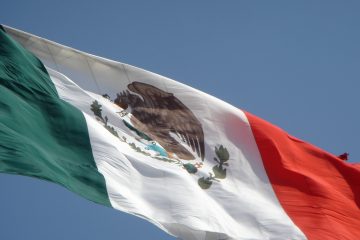
Mexico’s Election: The Good, the Bad and the Ugly
Come Sunday at 6 p.m. (GMT-5) Mexican citizens will have had elected not only a new president, but also over 3,400 new public officials. Being the largest electoral process in Mexican history, this third federal voting round in the post-transition era determines not only Mexico’s future, but —along with several other elections in the region— it also helps configure the ideological composition of Latin America. Instead of providing an overview of the contenders or discussing the trade-offs and the potential risks of the populist left, I will a) assess the campaign, b) zero in on the topics to look out for during and after election day and lastly, I will also c) identify key challenges for the future. My assumption or rather …
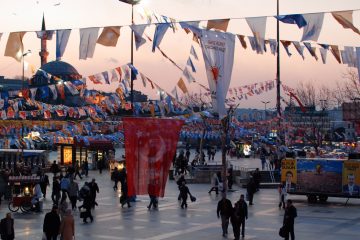
Six Takeaways from Turkey’s Election
According to the official results, the coalition led by the ruling AKP has secured a parliamentary majority, and Recep Tayyip Erdoğan remains president following the first ever simultaneous parliamentary and presidential election on June 24. Below are some takeaways from Turkey’s historic election: Erdoğan was not built in a day, and neither will be Ince. Erdoğan was elected mayor of Istanbul in 1994 and undertook many practical reforms involving infrastructural improvements. He bided his time until 2002, when he led the AKP to power. Under his mayoral watch, the municipal water system was improved, metro lines were built, trash was picked up regularly, and a political machine was built slowly thanks to the support of small business owners and conservative migrants …

Turkey’s Election: “It’s the Economy, Saftirik”
The lights shine, the cameras zoom, and the serious intro music fades. “Let’s talk about the hottest topic: the economy,” says the CNN Türk news program host. On the left are three journalists from mainstream Turkish news outlets, on the right is Muharrem İnce, the presidential candidate of CHP, the center-left party and opposition candidate with the best shot at unseating president Recep Tayyip Erdoğan. The stone-faced journalist from Hürriyet asks the first question: “It is said that speculators, FETÖ (the term for the followers of accused coup plotter Fethullah Gülen), and economic masterminds are working together and have hurt the capacity of the AKP to help the economy. It’s an economic coup, they say. What do you say?” İnce doesn’t take the …

Post-war voters as fiscal liberals
Are voters more fiscally conservative or fiscally liberal? Do they reward politicians who engage in deficit spending or those who show more fiscal restraint? To what extent does this depend on the country-specific context? The public choice literature finds that voters in developed democracies with strong institutional checks and balances, such as the US, UK, Canada, or Sweden, reward more accountable governments which spend the public’s money responsibly (e.g. Peltzman, 1992; Lowry, Alt and Ferree, 1998; Brender and Drazen, 2008). On the other hand a number of studies done in countries such as Argentina, Brazil, Spain or Russia suggest an opposite conclusion – voters reward incumbents who spend more and more freely (e.g. Jones, Meloni and Tommasi, 2012; Sakurai and …
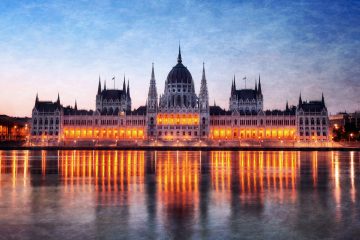
Four Myths about Orbán’s Hungary
Even though Hungarians vote this Sunday, April 8th, this piece is not on the Hungarian parliamentary elections per se. Whilst the initial idea was to write a short summary of the state of the opposition to prime minister Viktor Orbán, I had to quickly realize that the average Western news consumer hardly knew anything about Hungary. Hence presupposing very little knowledge about the ins and outs of Hungarian politics, I will try to challenge some of the assumptions and myths extolled in recent news articles on the Hungarian elections by giving you some additional, contextual information. Myth #1: Hungary is an outright illiberal state Despite their thoroughly liberal roots, Fidesz – the larger party in the current government coalition in …
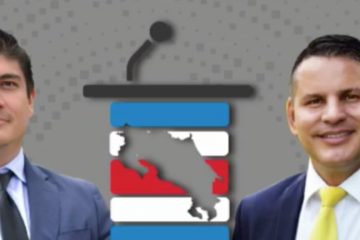
Costa Rica’s Election: How an Evangelical Singer Might Become President
On February 4th, Costa Ricans defied predictions by giving Fabricio Alvarado Muñoz from the Partido Restauración Nacional (PRN) the most votes. With 24,99%, he won ahead of Carlos Alvarado Quesada from the governing Partido Accion Ciudadana (PAC) with 21,63%. As no candidate overcame the 40% requirement to outright win on the first round, these two candidates are now facing each other in the run-off election on April 1st. This outcome represents a remarkable reversal of fortunes, as none of the two candidates surpassed 7% in the polls one month before February’s first round election. How did Alvarado Muñoz, an evangelical singer, who puts his religion front and center, come to lead in the polls going into Sunday’s run-off election? Upending …
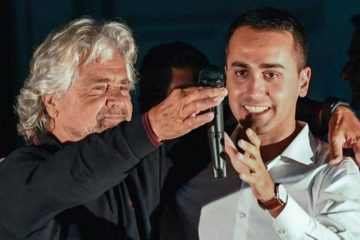
From the Parole Guerriere to Electoral Success: Italy’s Five Star Movement
The Five Star Movement is one of the most interesting political ‘experiments’ on political landscape of Western democracies. Once again Italy, which with Berlusconi has experienced Trumpism before Donald Trump, is a political laboratory for novel political phenomena that the world looks at, with a mixture of concern and excitement, to learn something about the future of our democratic systems. Only five years ago Beppe Grillo, a stand-up comedian and the founder of the Five Star Movement (M5S), launched his parole guerriere (warlike words) and M5S obtained a remarkable 25% of the national vote in its first electoral showing. Italian voters again expressed loudly and clearly their preference for the Five Star Movement in last weekend’s general election. The M5S not …
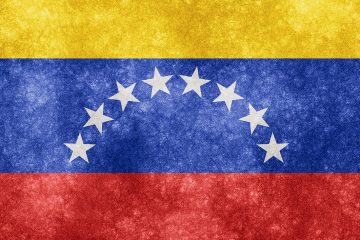
Will Venezuela transition to democracy this year?
On May 20th, Venezuelans are supposed to vote in a presidential election to decide over the fate of their crisis and conflict ridden country. Despite being nominally given the opportunity to choose, the way the Maduro government has set up the electoral process, committed fraud, repressed the opposition and systematically undermined the process of free and fair elections over the past years, all but guarantees authoritarian durability. This article addresses why a) a highly unpopular incumbent is likely to hold onto power, b) the opposition is justified in their decision to boycott the elections and c) how Venezuela might transition to democracy. Venezuela has transitioned from a weak democracy in 1998 to a failing dictatorship in 2018. Over the past …









